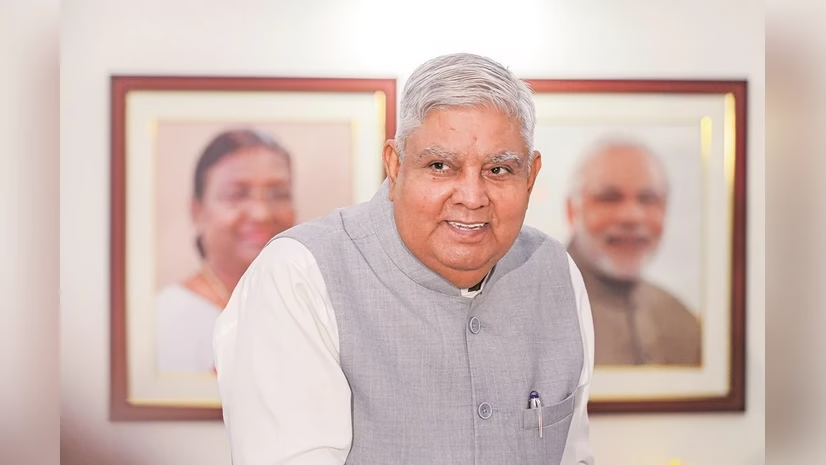On the opening day of India’s Monsoon Session, Vice President Jagdeep Dhankhar stepped down with immediate effect. He cited medical reasons. Just hours earlier, he had chaired key meetings, welcomed new Rajya Sabha members, and signed off on a controversial judicial motion. Then, resignation. Abrupt? Yes. Suspicious? Not necessarily.
The resignation of the Vice President, India’s second-highest constitutional office, triggered a political storm that was more predictable than the monsoon outside Parliament. Within hours, opposition parties, led by Congress, had floated theories: Was this about the judiciary? A political rebuke? BJP infighting? A prelude to a new alliance game?
Let’s start with what we know: Dhankhar is 74. He underwent angioplasty this March. He fainted at an event in February. These aren’t minor issues. Holding one of the most high-pressure constitutional roles in the country, chairing chaotic Rajya Sabha sessions, navigating opposition protests, reading volumes of legislation, requires stamina few people at that age, in that health, can maintain. He cited Article 67(a) of the Constitution to resign “to prioritise health care and abide by medical advice.” We’d be foolish not to take that seriously.
And yet, India rarely accepts a resignation at face value.
Some observers point to the motion he accepted just hours before quitting, to remove Justice Yashwant Varma over an alleged cash scandal. That act, seen as unusually accommodating toward the opposition, supposedly upset elements within the ruling establishment. A few commentators suggested the government was preparing its own, more controlled version of the motion from the Lok Sabha, and Dhankhar’s acceptance disrupted that plan. Maybe. But this theory hinges on an assumption: that the ruling party would force out its own Vice President for being… too neutral?
Others see electoral strategy. There are whispers that Nitish Kumar, Bihar’s unpredictable Chief Minister, might be offered the now-vacant post to pave the way for political rearrangements. It’s too early to tell. But conspiracies like these often reveal more about the wishful thinking of rival camps than about real backroom deals.
There’s also the unspoken discomfort: that someone in power may resign not because of scandal, defeat, or ambition, but because they’re tired, unwell, and honest about it. India’s political elite often clings to office until collapse. Dhankhar didn’t.
It’s tempting to read between the lines. But sometimes the lines are enough.
To be clear, Dhankhar wasn’t uncontroversial. As West Bengal Governor, he sparred constantly with the Mamata Banerjee government. In Delhi, his assertive style led opposition leaders to call for impeachment. He dismissed such criticism, calling himself a “Kisan Putra” who spoke up for farmers, transparency, and judicial restraint. Whether friend or foe, few doubted his energy, or his commitment to the office.
That’s what makes his resignation all the more striking. Not because it masks something deeper, but because it probably doesn’t. It reflects a personal threshold reached. One that more public figures might do well to respect.
India should take Dhankhar at his word unless strong facts suggest otherwise. Health isn’t an excuse, it’s a reason. In an era of performative politics, where resignation is usually dramatic theatre or bitter fallout, Dhankhar’s exit feels… human.
The real story now isn’t why he left, but who comes next and whether that choice will be shaped by constitutional seriousness or political arithmetic.


Leave a Reply